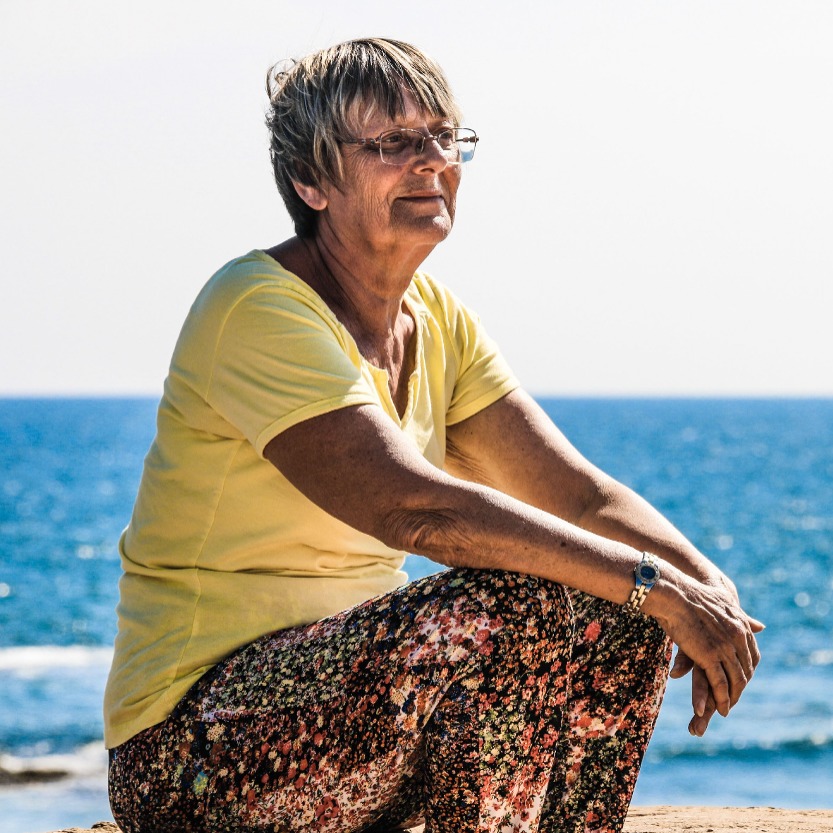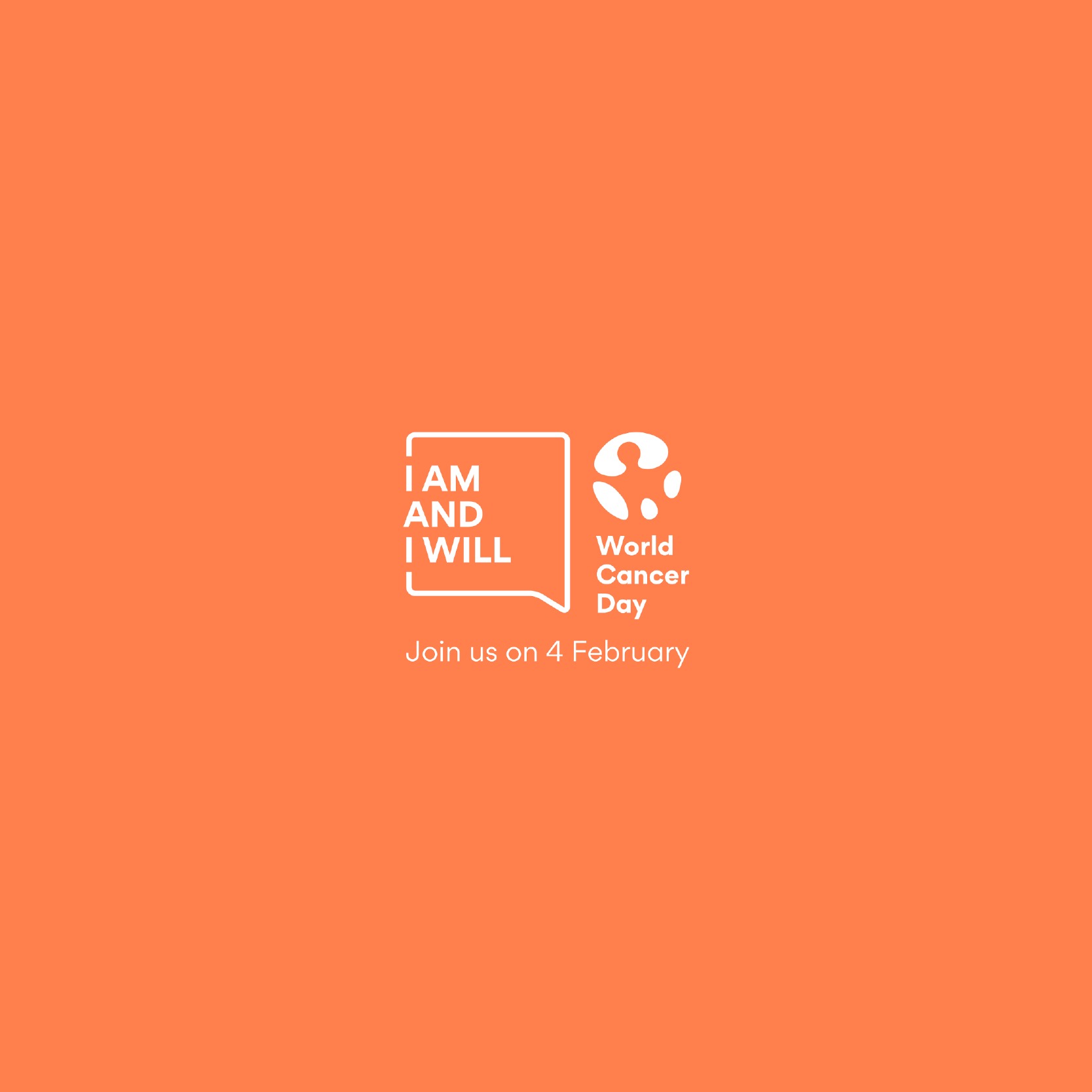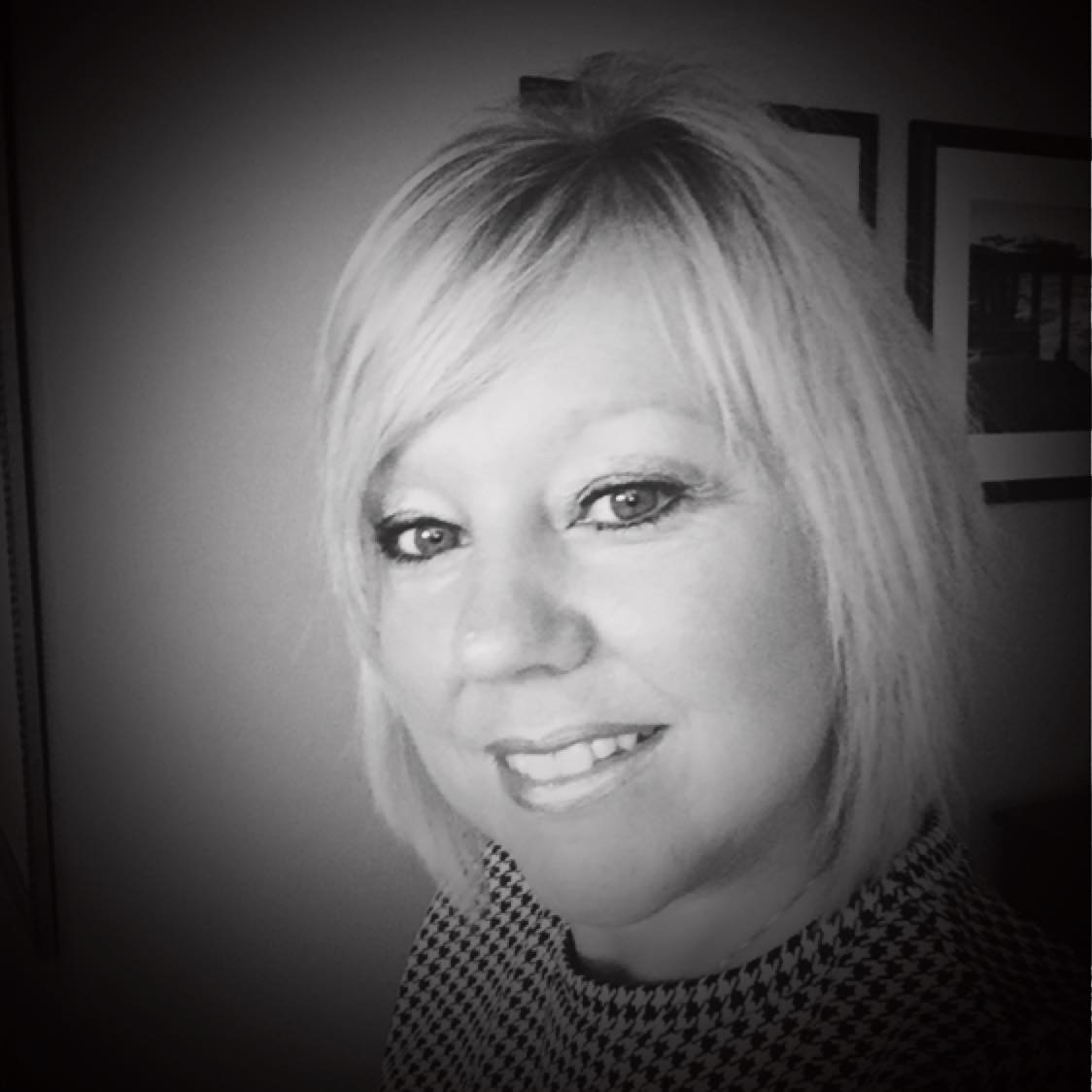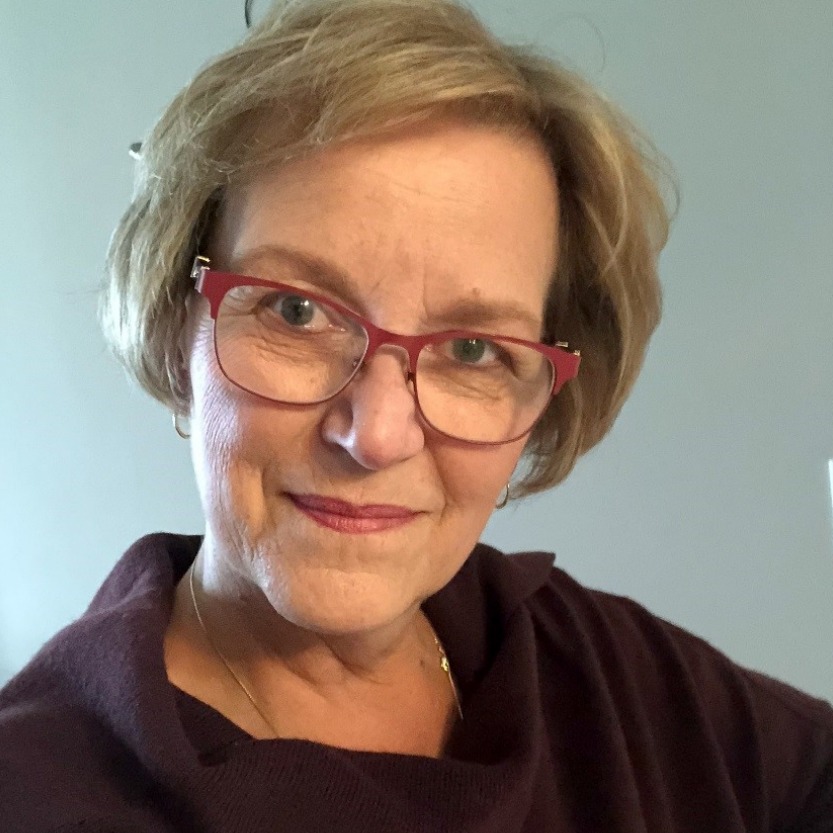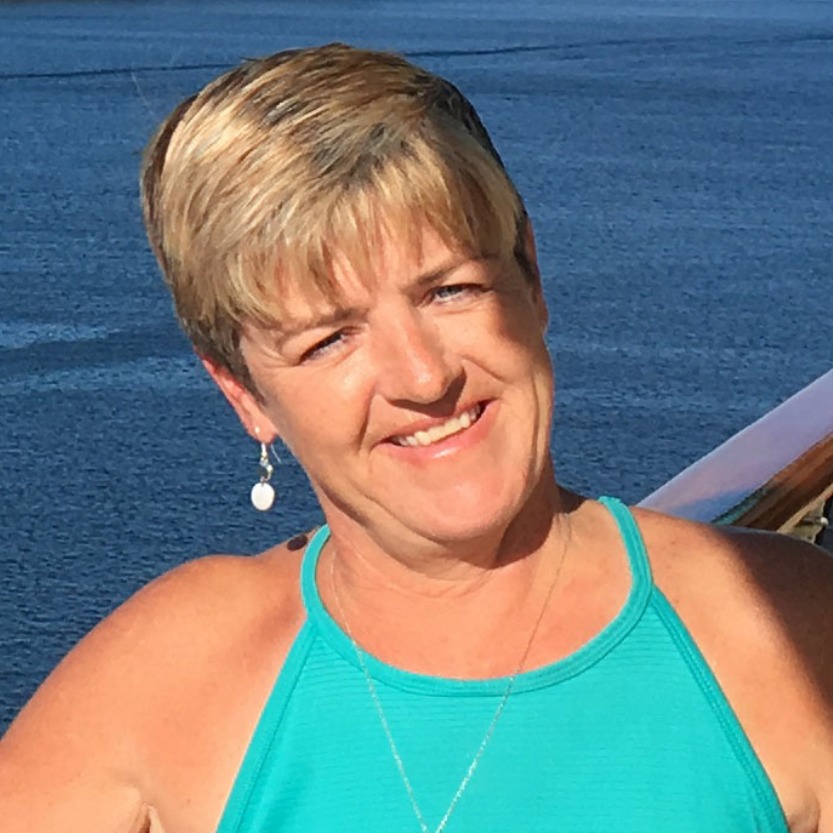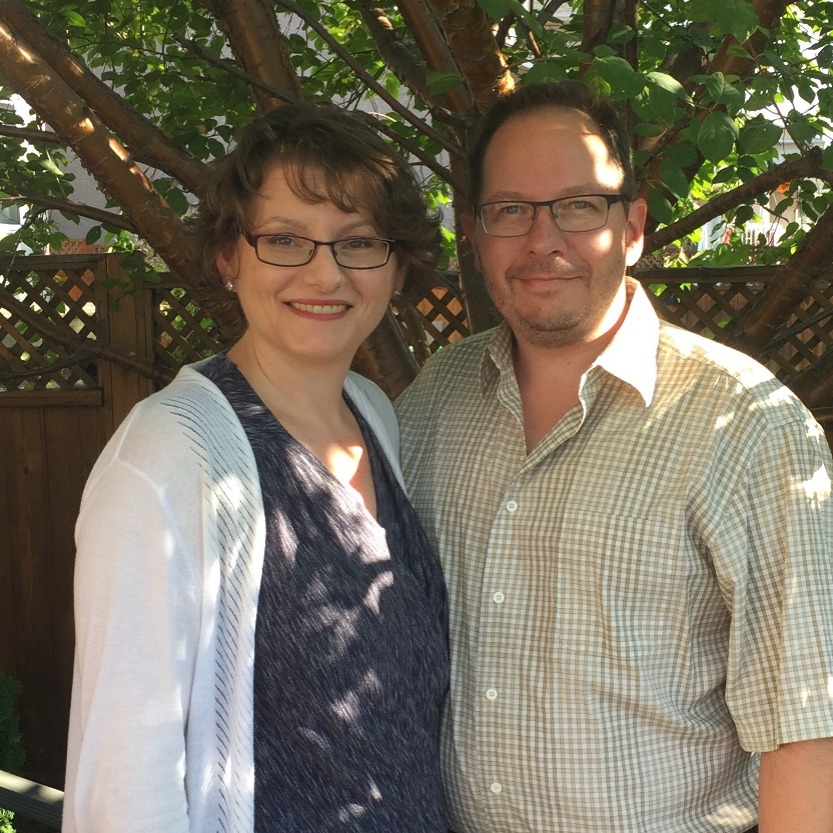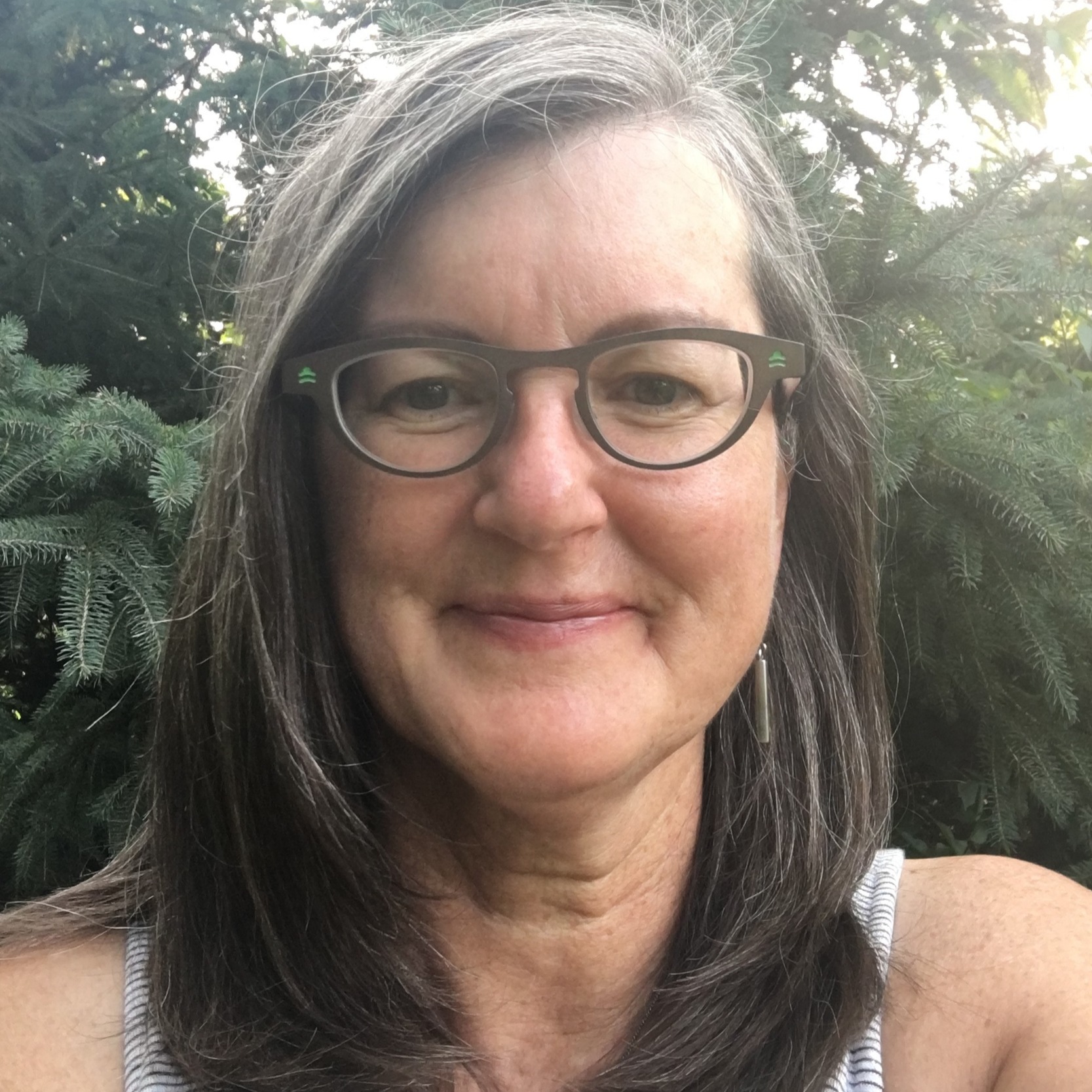By continuing to use our site, you consent to the processing of cookies, user data (location information, type and version of the OS, the type and version of the browser, the type of device and the resolution of its screen, the source of where the user came from, from which site or for what advertisement, language OS and Browser, which pages are opened and to which buttons the user presses, ip-address) for the purpose of site functioning, retargeting and statistical surveys and reviews. If you do not want your data to be processed, please leave the site.
The Voice of People With Breast Cancer
Education
Our Voices Blog
Tag : treatment
Our new white paper: what are patients and physicians saying about biosimilars in breast cancer?
We talked a lot on this blog last year about biosimilars; what they are and why it’s important to know about them. With the entry of biosimilars in the breast cancer treatment landscape due later this year, there are still questions and discussions about how it will affect current and future breast cancer patients. To help understand these questions and perspectives, we decided it was important to bring together those people who are impacted the most: patients and physicians.
Breast Cancer Related Lymphedema Part 2: Early Signs, and Treatments
In Part 1 we discussed the risk factors of lymphedema and tips for reducing this risk. Today we’re helping you identify early signs and what treatments are available for lymphedema.
Breast Cancer Related Lymphedema Part 1: Risk Factors
Breast cancer-related lymphedema is abnormal swelling that can develop in the arm, hand, breast, or torso on the side treated for breast cancer where lymph nodes have been removed. Lymphedema can develop suddenly or gradually. It can happen soon after surgery or can develop months or years later.
What is Canada’s new food guide all about?
Canada’s new food guide is, in one word, refreshing! First off, it makes us hungry just looking at it. And secondly, it does away with the confusing portion sizes and focuses more on practical tips for incorporating healthier foods into our diets.
The importance of having access to financial resources
We asked Tricia, a member of our patient advisory committee, to share her thoughts on our newest digital tool, the FinancialNavigator, designed to help connect patients with financial resources in their community. Here’s what she had to say.
How can we ease the financial burden of breast cancer?
When you are first told you have breast cancer, your thoughts can immediately turn to your mortality and how to best save your life. You worry about how your diagnosis will affect your family, spouse or kids. More and more, the realities of the disease begin to set in and the impact it can have on your finances becomes more apparent.
What’s pharmacare and why should it matter to breast cancer patients?
It’s just the start of 2019 but we’re already thinking about fall and the federal election it brings with it. Last year, there was a lot of talk about the establishment of a national pharmacare plan. The federal government assembled a working group to study the best way a system like this would work in Canada.
10 low-key ways to make Valentine’s Day better when you have breast cancer
February is here, which means Valentine’s Day is around the corner. Valentine’s is a day that you either love or hate. And throwing the C-word into the mix can make it hard even when it’s something you’re usually excited for.
I Am And I Will this World Cancer Day
World Cancer Day on February 4th gives us a chance to reflect on 2018, the work we’ve accomplished and the work that still needs to be done. This year, WCD has a brand-new message: I Am And I Will.
Meet Cathy Hemeon, CBCN’s new board member
The Canadian Breast Cancer Network is pleased to welcome a new member to our board of directors. Cathy Hemeon of Mount Pearl, Newfoundland brings many years of experience in the health care field to her new role. She, like all CBCN board members, is also a breast cancer survivor. She was diagnosed in February 2016 with Stage I triple positive breast cancer following a screening MRI.
7 interesting highlights from the 2018 San Antonio Breast Cancer Symposium
Last month, we had the opportunity to attend the 2018 San Antonio Breast Cancer Symposium (SABCS). Here’s some of the key highlights to come out of the conference.
Looking on the bright side
In June 2015, I moved to London, Ontario and was recovering from a rather emotional and difficult time, having divorced in June 2014. I had moved from Sault Ste. Marie to be closer to my daughter with her husband and very young children. I would be seeing the rest of my family less often now – my parents, my two sisters, my daughter and her husband, and another granddaughter. and two step grandchildren.
A patient’s perspective on MedSearch
Tell us a little bit about yourself, where you’re from, and your experience with breast cancer.
Q&A with ODANO on how they can help you access drug coverage
Last month, we connected with Alan from ODANO, the Oncology Drug Access Navigators of Ontario, to answer a few questions about who they are and how they help patients in Ontario access life-saving medications.
Living flat is freedom
My name is Alison Thompson and I was diagnosed with breast cancer five years ago. To give you some background, my mother was diagnosed with breast cancer about 15 years ago. Her cancer was an aggressive form. It spread to her spine and brain, and she passed away about three years after the initial diagnosis.
Finding Harmony after Breast Reconstruction
I was forty years old, running a successful business, comfortable in my finances, and feeling ready to settle down and start a family. Suddenly, a breast cancer diagnosis upended my sense of contentment and sent me on a journey of chemotherapy, immunotherapy, hormone therapy, a preventative double mastectomy, and, ultimately, reconstructive surgery.
SurgeryGuide is much-needed
For Andrea Sveinbjornson of Regina, the Canadian Breast Cancer Network’s new SurgeryGuide is an invaluable tool, one that she wishes she had when she had to make decisions about breast surgery in 2016.
Could a simple blood test help detect breast cancer?
That’s what Dr. Majumder and her team of researchers at Brandon University in Manitoba are hoping to find out. Dr. Majumder, Assistant Professor in Cancer Genetics and Cell Biology, is screening blood plasma from breast cancer patients and patients who don’t have breast cancer to determine if there is a blood biomarker like micro RNA (miRNA) that could potentially tell us when breast cancer is present or growing in a person.
Living with inflammatory breast cancer
In August 2014 I found a lump in my left breast. This is unusual for inflammatory breast cancer (IBC), a rare and very aggressive cancer where cancer blocks the lymph vessels.
SurgeryGuide: Helping you understand your surgical options
We all know how integral surgery is for the treatment of breast cancer. It’s usually the first step in treating early stages of the disease which means it can come quickly after diagnosis. The time when you’re still processing your diagnosis is also the time when you’re making some of the most important decisions about your treatment. Trying to make these decisions while learning this new, complicated language called cancer doesn’t make those decisions any easier.



